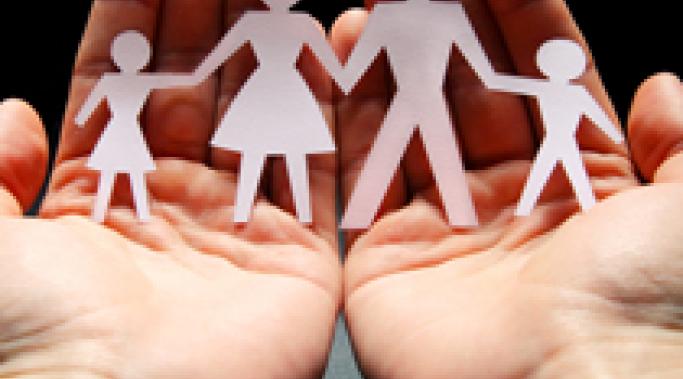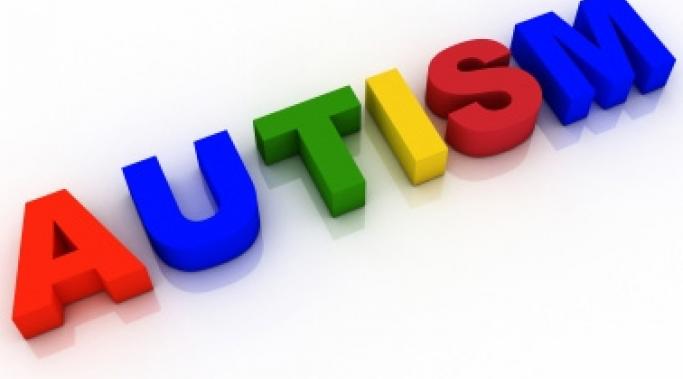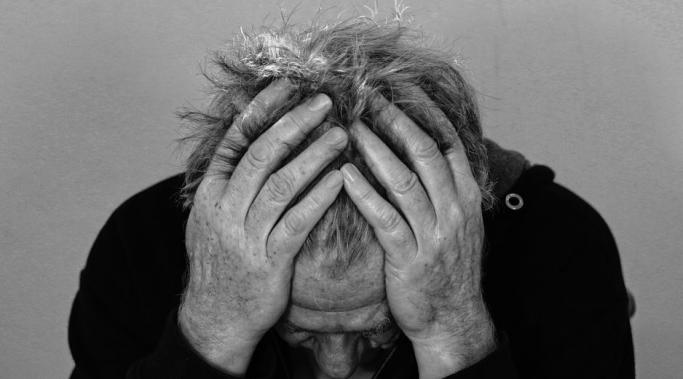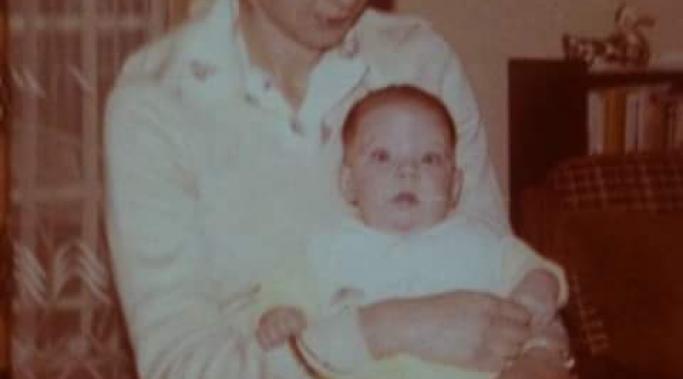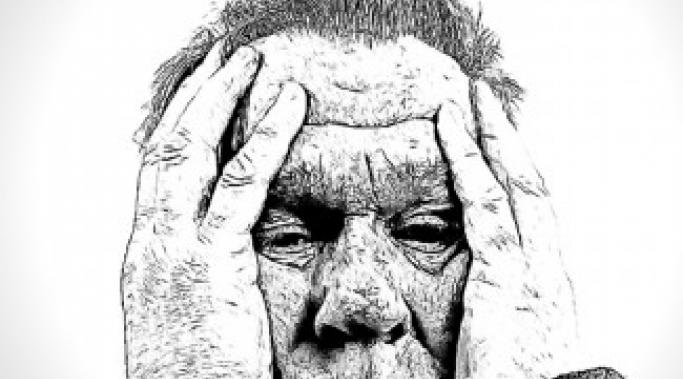Family-based therapy for eating disorders is one of the most productive forms of treatment for adolescents, particularly those with anorexia nervosa, as well as various forms of bulimia nervosa, binge eating disorder and extremely picky eating.
Mental Illness at Work
Autism (now known as autism spectrum disorder) treatments in the United States are changing and new autism treatments are available. Autism is one of the most prevalent mental conditions affecting both children and adults in the United States today. The amount of diagnoses has skyrocketed in recent years from an estimated 1 in 166 during 2006, to an estimated 1 in 68 today. As we learn more about how autism works and affects individuals, autism treatment has changed markedly in the United States. Here is a look at some of the different and most changed autism treatment methods.
Handling grief healthily can be challenging. One of the hardest things people have to deal with during a lifetime is the loss of a loved one. When a traumatic event like this happens those left behind may have a difficult time processing their grief. As a result, they keep their feelings bottled up or in extreme cases turn to drugs or alcohol in an effort to ease the pain. Although all may seem lost and hopeless, there are positive ways to embrace grief. Read these tips for handling grief in a healthy way to learn how.
The opioid epidemic and hydrocodone/acetaminophen (Vicodin) use have spread through the United States like wildfire. The United States makes up only 4.6% of the world's population but consumes 80% of its opioids -- and 99% of the world's hydrocodone, the opiate that is in Vicodin. Most of those prescriptions are unnecessary. The use of hydrocodone/acetaminophen, the most popular pain relief drug in the country, has grown dramatically from 112 million doses prescribed in 2006, to 181 million in the U.S. today, according to a national survey done by the consulting firm Intercontinental Marketing Services (IMS) Health. Clearly there is an opioid epidemic and clearly, a large part of the problem is Vicodin use.
A suicide affect many, especially when it's a mother's death by suicide. My mother had many problems in her life. She was mentally ill and had to endure a lot of harsh judgement, embarrassment and shame in her life and, being her children, so did we. Not only was she mentally Ill, but she was also an addict and alcoholic. It was something that was never discussed or acknowledged by family members and we never shared our secret unless we really had to. My mother also died by suicide and the effects of this suicide are still felt a decade later.
Depression and addiction can occur together – a dual diagnosis. For a recovering addict like myself, the hopelessness that always followed me was confusing—am I depressed or coming down from the high? Which came first, the depression or the addiction/hangover?
To have dissociative identity disorder (DID) is quite often to be one’s own worst enemy. Everyone has his/her internal dialogues and arguments and criticisms; indeed, many of us are often our own worst enemies. Dissociative identity disorder puts an intense twist on the concept. Imagine wrestling with yourself, even battling yourself, but that self isn’t actually you. But it is you at the same time. Sound confusing? It is very confusing, both for outsiders to grasp and for the people who live with it.
Avoidance of reality is the easiest, isn’t it? Today, we can access cheap alcohol, endless mind-numbing activities, and credit cards without much trouble. We can drown ourselves in all of it if we want to. But it’s dangerous to avoid reality.
The difference between psychiatry and social work is important to understand. The work that psychiatrists and social workers do is very laudable. They give of themselves and help people who are in their worst circumstance to have the best outcome in life. At times, it may seem like the work that psychiatrists do and the work that social workers do is one in the same. And while there are times where both fields cross paths, there is a difference between social work and psychiatry.
Many people don’t know this, but you can use meditation to cope with attention-deficit/hyperactivity disorder (ADHD). ADHD is defined as a neurological disorder which manifests itself in behavioural symptoms such as lack of concentration, impulsivity and hyperactivity. But for the people who live with the disorder, things can feel more complicated than this. It can be hard to know where personality ends and ADHD begins, and, as an “invisible illness,” people with ADHD can face judgement and accusations that they are simply making excuses for themselves. Coping with ADHD can be done through meditation, however.
